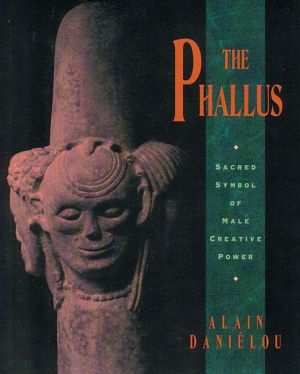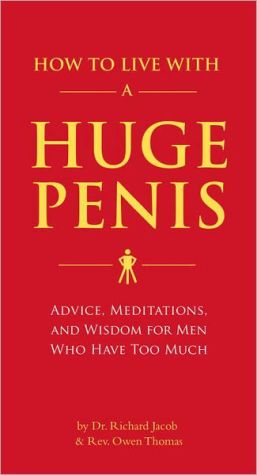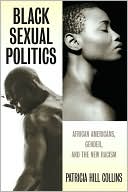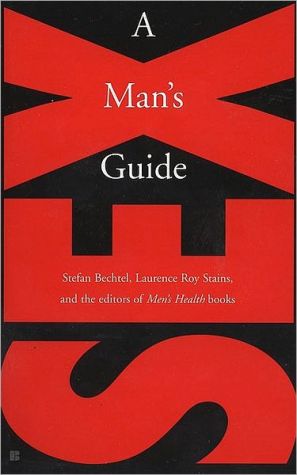The Phallus: Sacred Symbol of Male Creative Power
Beginning with an overview of the symbolism of creative forces in general, The Phallus first examines the representation of male fertility in such forms as the menhirs or standing stones of prehistoric Europe; the Mahalinga and Svayambhu of India; and the ancient Greek Omphalos. The second part of the book surveys the presence of ithyphallic gods in archaic shamanistic religions (the Lord of the Animals), the Greek pantheon (Hermes, Priapus), and the Hindu deities (Ardhanarishvara, the...
Search in google:
Beginning with an overview of the symbolism of creative forces in general, The Phallus first examines the representation of male fertility in such forms as the menhirs or standing stones of prehistoric Europe; the Mahalinga and Svayambhu of India; and the ancient Greek Omphalos. The second part of the book surveys the presence of ithyphallic gods in archaic shamanistic religions (the Lord of the Animals), the Greek pantheon (Hermes, Priapus), and the Hindu deities (Ardhanarishvara, the androgyne). Danielou also explores the role of Shaivist and Dionysian initiatory rites in bringing men into communion with the creative forces of life. Illustrated throughout with photographs and line drawings of European and Indian art, The Phallus celebrates the expression of the masculine in the religious traditions of East and West. Phallic imagery, in one form or another, may be found in the artistic traditions of virtually every world culture since prehistoric times. Alain Danielou here unveils the religious impulse underlying art that at first glance seems to have no purpose beyond the erotic.Alain Daniélou (1907-1994) wrote more than thirty books about the philosophy, religion, history, and arts of India and the Mediterranean. Following a series of successful careers as a dancer, musician, and composer (Cocteau, Diaghilev, and Stravinsky were among his friends), Daniélou settled in India and spent fifteen years there in the study of Sanskrit, philosophy, and music. After numerous university appointments in India, he returned in 1963 to Europe, where he established the Institute of Comparative Music Studies. Daniélou's other books include The Complete Kama Sutra; Gods of Love and Ecstasy; Myths and Gods of India; and Virtue, Success, Pleasure, and Liberation. Times Literary Supplement "Danielou was one of the most distinguished contemporary orientalists, who brought the beauty of ancient texts and music to our unfortunate and increasingly barbaric continent. Our debt to his scholarship and humanity is immeasurable."
Sacred Symbol of Male Creative PowerIntroduction Part One: The Cult of the Phallus 1. Historical Sources 2. Symbolism 3. Representations of the Phallus 4. Indirect Representations of the Phallus Part Two: The Ithyphallic God 5. The Lord of the Animals 6. The Guardian God 7. The Animal and Plant Forms of the God 8. Names and Aspects of the Ithyphallic God 9. The Survivals Glossary of Sanskrit Terms Bibliography About the Author
\ Times Literary Supplement"Danielou was one of the most distinguished contemporary orientalists, who brought the beauty of ancient texts and music to our unfortunate and increasingly barbaric continent. Our debt to his scholarship and humanity is immeasurable."\ \ \ \ \ Thor the Barbarian"The Phallus: Sacred Symbol of Male Creative Power is an excellent overview and introduction to a remarkable field of study, one as relevant to us today as to those who danced in the mists of antiquity."\ \ \ Tony Mierzwicki"A great introduction to an often shunned aspect of religion."\ \ \ \ \ Time Magazines Literary Supplement"Danielou was one of the most distinguished contemporary orientalists, who brought the beauty of ancient texts and music to our unfortunate and increasingly barbaric continent. Our debt to his scholarship and humanity is immeasurable."\ \ \ \ \ From the Publisher\ "A great introduction to an often shunned aspect of religion."\ \








